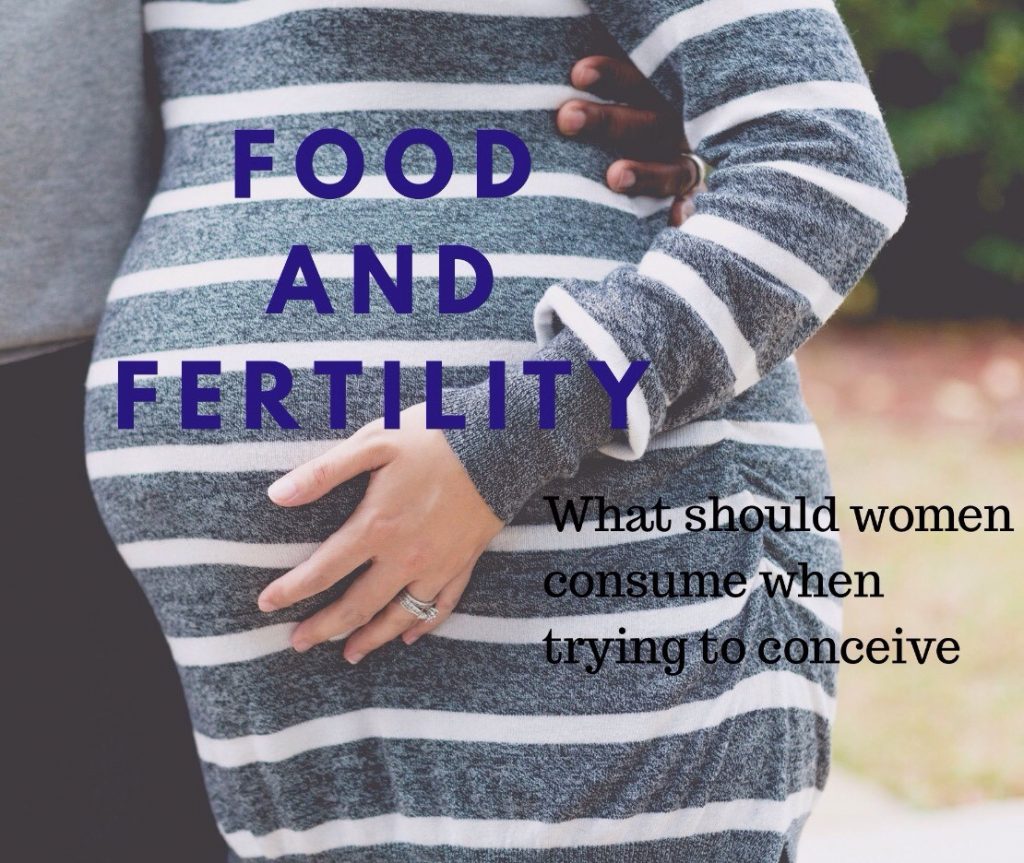What Should I Eat to Enhance Fertility?

A young fertile couple’s chance of conceiving in the first month they try is 25%-30%. By the end of the first year, about 85% of couples achieve a success; the remaining 15% are diagnosed with infertility.
Infertility has many known causes (eg, ovulatory defect, tubal occlusion, low sperm counts), and many factors lower the chance of pregnancy (eg, older age, lower ovarian reserve, endometriosis). There are modifiable and nonmodifiable risk factors for infertility or reduced fertility. Although some factors can’t be altered (eg, age and ovarian reserve), others, such as body weight and lifestyle habits, are modifiable.
Patients frequently ask providers to offer them guidance on the ideal diet to improve their chances of conceiving and carrying a pregnancy to term. A recent review by Chiu and colleagues summarizes the available epidemiologic literature on the reproductive benefits of diets and dietary supplements.
Nutrition and Fertility: Review Findings
This article reviews the potential benefits of consumption of certain micronutrients, macronutrients, and dietary patterns. The following conclusions are drawn from this review:
Folic acid is important for germ cell production and pregnancy. The recommended daily dose to prevent neural tube defects is 400-800 µg. Women who take folic acid-containing multivitamins are less likely to be anovulatory (when the ovaries do not release an oocyte during a menstrual cycle), and the time to achieve a pregnancy is reduced. Those who consume more than 800 µg of folic acid daily are more likely to conceive with assisted reproductive technology than those whose daily intake is less than 400 µg.
Vitamin D may affect fertility through receptors found in the ovaries and endometrium. An extremely low vitamin D level (< 20 ng/mL) is associated with higher risk for spontaneous miscarriage risk. Some reports suggest that women with adequate vitamin D levels (> 30 ng/mL) are more likely to conceive after assisted reproductive technology when compared with those whose vitamin D levels are insufficient (20-30 ng/mL), or deficient (< 20 ng/mL). These findings, however, are inconclusive.
Carbohydrates. Dietary carbohydrates affect glucose homeostasis and insulin sensitivity, and by these mechanisms can affect reproduction. The impact is most pronounced among women with polycystic ovary syndrome(PCOS). In women with PCOS, a reduction in glycemic load improves insulin sensitivity as well as ovulatory function. Whole grains have antioxidant effects and also improve insulin sensitivity, thereby positively influencing reproduction.
Omega-3 supplements. Omega-3 polyunsaturated fatty acids lower the risk for endometriosis. Increased levels of omega-3 polyunsaturated fatty acids are associated with higher clinical pregnancy and live birth rates.
Protein and dairy. Some reports suggest that dairy protein intake lowers ovarian reserve. Other reports suggest improved assisted reproductive technology outcomes with increased dairy intake. Meat, fish, and dairy products, however, can also serve as vehicles for environmental contamination that may adversely affect the embryo. Fish, on the other hand, has been shown to exert positive effects on fertility.
Dietary approach. In general, a Mediterranean diet is favored (high intake of fruits, vegetables, fish, chicken, and olive oil) among women diagnosed with infertility.
Viewpoint
A well-balanced diet, rich in vegetables and fruits, is preferred for infertile women and should provide the required micro- and macronutrients. It remains common for patients consume a wide variety of vitamin, mineral, and micronutrient supplements daily. Supplements should not replace food sources of vitamins and trace elements because of differences in bioavailability (natural versus synthetic), and inaccuracy of label declarations may result in suboptimal intake of important nutrients. Furthermore, naturally occurring vitamins and micronutrients are more efficiently absorbed.
With respect to overall diet, women are advised to follow a caloric intake that won’t contribute to being overweight or obese. Obesity is on the rise among younger people, including children. Obese women have a lower chance of conceiving and are less likely to have an uncomplicated pregnancy. Proper weight can be maintained with an appropriate diet and regular exercise.
Finally, women must abstain from substances that are potentially harmful to pregnancy (eg, smoking, alcohol, recreational drugs, high caffeine intake).
Unfortunately, very few large studies are available to guide us in our recommendations to patients. Most of the available literature is based on retrospective data. Therefore, prospective, randomized studies are urgently needed to study the association between nutrition and fertility, as well as dietary influences on pregnancy outcomes.
REFRENCES:
MedScape
Peter Kovacs, MD, PhD, DISCLOSURES, December 06, 2018
Artwork created in Canva and photos from Stock Snap

Recent Comments